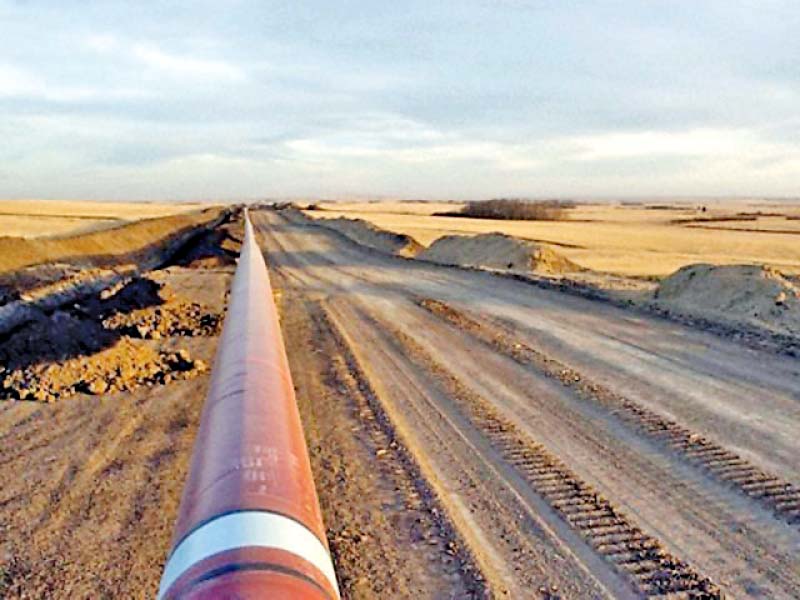
Sindh and Balochistan have strongly reacted to the revocation of the gas pricing formula for Mari Petroleum Company, arguing that their revenues from gas production have come down significantly.
The two provinces contend that cancellation of the gas price agreement with Mari Petroleum has led to a huge loss in terms of gas development surcharge (GDS) collection and their share has dropped by almost 50%.
They protested against the move in a meeting of the Inter-Provincial Coordination Committee (IPCC) on May 6.
Sindh Chief Minister Syed Qaim Ali Shah expressed deep dissatisfaction with the lack of response to the correspondence with the Ministry of Petroleum and Natural Resources as well as the Ministry of Water and Power.
He said there were certain matters pertaining to gas supply and production that needed to be settled by the federal government. Among these, collection of gas infrastructure development cess and reduction in GDS were the critical issues.
Shah pointed out that gas was being provided to Engro Fertilizers from dedicated wells of Mari gas field instead of Qadirpur gas field through Sui Northern Gas Pipelines Limited (SNGPL). Furthermore, the Economic Coordination Committee (ECC), in its meeting held on January 16, 2014, had approved provision of gas to Engro at a concessionary rate without taking provincial governments into confidence.
The chief ministers of Sindh and Balochistan argued that the cancellation of the gas price agreement with Mari Petroleum caused a huge loss on account of reduction in GDS and practically reduced the share of the two provinces by almost 50%.
However, the director general gas, Ministry of Petroleum and Natural Resources explained that the arrangement was made in order to enable the company to undertake extensive exploration work, leading to an increase in the share of provinces.
Sindh finance minister referred to entry number 2 of the Federal Legislative List-Part 2, saying that for taking decisions on matters relating to natural gas including the import of liquefied natural gas, no other forum except for the Council of Common Interests (CCI) had the authority and power. However, he said the matters were decided in the ECC where provinces had no representation.
The IPCC secretary suggested that the issues falling in the purview of CCI or otherwise would be referred to the Law and Justice Division for seeking its opinion in order to avoid complications in the future.
The Sindh chief minister asked the Ministry of Petroleum to deposit all GDS collection with the provinces, arguing that the gas surcharge was a provincial revenue source and any deduction had adversely affected their cash balance.
Khyber-Pakhtunkhwa chief minister, on his part, suggested that SNGPL offices should be established in Hangu and Karak in order to facilitate new gas consumers and demanded additional gas supply for development of the industry and power generation in the province.
He also pointed to the complaints that the petroleum and water and power ministries and their associated offices were not replying to provincial queries, in response to which the ministries were asked to respond immediately to such communications.
Published in The Express Tribune, May 24th, 2015.
Like Business on Facebook, follow @TribuneBiz on Twitter to stay informed and join in the conversation.













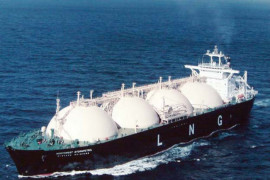

















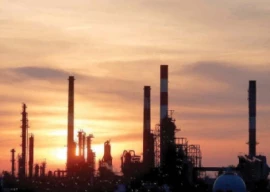
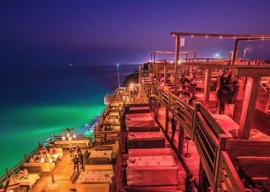
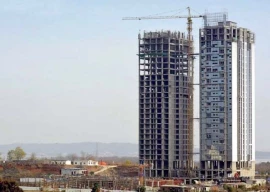
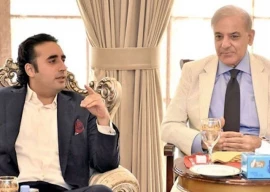







COMMENTS
Comments are moderated and generally will be posted if they are on-topic and not abusive.
For more information, please see our Comments FAQ